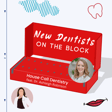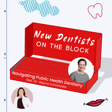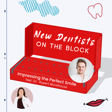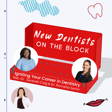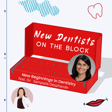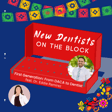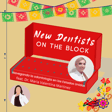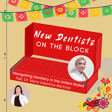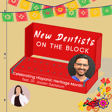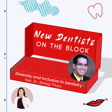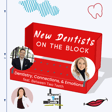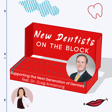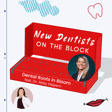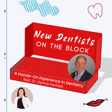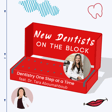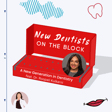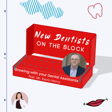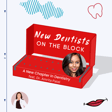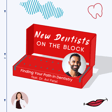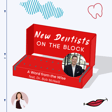
Representation in Dentistry w/ Dr. Diego Rivas
Diego Rivas, a newly graduated dentist, shares his journey into dentistry and his passion for pediatric dentistry. Growing up in a Venezuelan family in Houston, Diego was surrounded by dentistry and developed a love for the profession. He decided to pursue a career in dentistry, following in his mother's footsteps. Diego discusses his experiences in dental school, his involvement with the Hispanic Dental Association, and his decision to specialize in pediatric dentistry. He also talks about the challenges faced by the Venezuelan community and his plans for the future.
Key Takeaways:
- Diego Rivas grew up in a Venezuelan family in Houston and was surrounded by dentistry from a young age.
- He decided to pursue a career in dentistry, following in his mother's footsteps.
- Diego was involved with the Hispanic Dental Association during dental school and found it to be a supportive community.
- He decided to specialize in pediatric dentistry after discovering his passion for working with children.
- Diego is currently pursuing a pediatric residency in New York and is enjoying the diverse patient population.
Connect with Diego Rivas on IG: @diegojrivas_
Connect with New Dentists on the Block: @newdentistsontheblock
Connect with Tanya Sue Maestas: @tsmaestas.dds
Full video on Youtube
